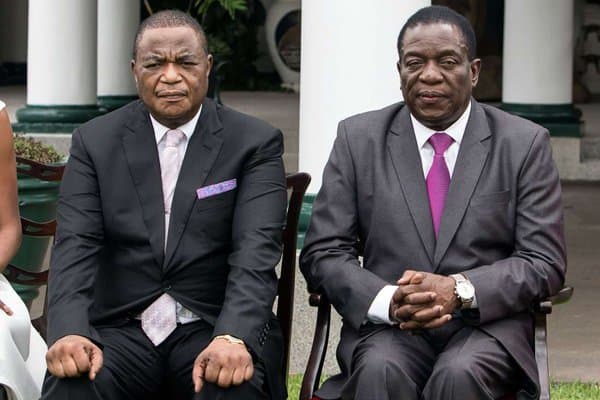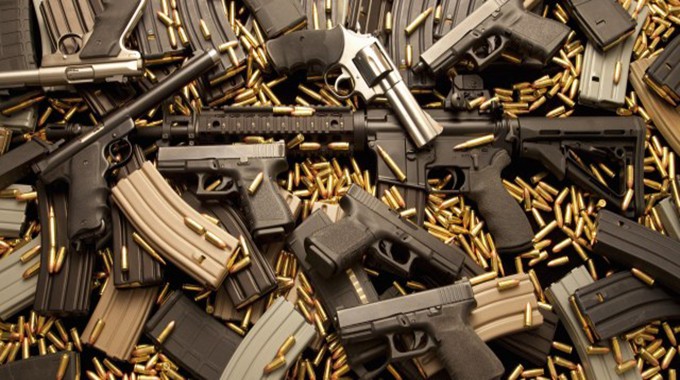There is freedom to vote, but there is no freedom after a vote
Emmerson Mnangagwa has failed dismally to deliver the new Zimbabwe he promised soon after taking over reigns from Mugabe following a military coup in November of 2017, a US based agency has reported.
The report went on to say Mnangagwa had a good and uninterrupted opportunity to pull Zimbabwe from political and economic destitution caused by Mugabe’s long misrule but he failed. “The nation deserves better. Much much better,” said the report.
Mnangagwa initially followed the path of reform and progress allowing freedom of expression and association raising hopes that a new Zimbabwe was emerging and the United States would lift sanctions and open the door to desperately needed help from the International Monetary Fund.
There were no large-scale confrontations in the recent election, although international observers noted attempts to tip the balance by using state resources to help Mnangagwa, 75, of the ruling ZANU-PF party, defeat opposition leader Nelson Chamisa, of MDC Alliance.
According to the report, Mnangagwa was forced out of his comfort zone when his regime was confronted by protesters who denounced the way the Zimbabwe Electoral Commission(ZEC) handled elections.
Mnanagwa should have shown restraint, but instead security forces cracked down on the protests, killing six people and wounding hundreds.
Denouncing what he named a rigged and stolen election, opposition leader, Chamisa, summed it up:
“There is freedom of expression, but there is no freedom after expression. There is freedom to vote, but there is no freedom after a vote. In the rural areas, people’s houses get burned, destroyed, on account of expressing themselves. It’s un-African, it is undemocratic, it is unacceptable.”
This is becoming something of an endless theme for Zimbabwe and Zanu PF, and the way things are going it could cost them their best chance of joining the international community after years of isolation.
Somehow, Mnangagwa and his colleagues are squandering the advantage of being the people who ended Mugabe’s despotic rule, and countries like Britain and members of the European Community are finding it embarrassing to reengage Harare. It is now more difficulty than what it was just two months ago.
Getting back that “Zimbabwe is Open for Business” spark will not be easy for Mnangagwa, even with what is arguably the most tolerant Zanu PF administration since the country’s independence.
If Mnangagwa does not bring any real change, the country will remain mired in endless economic and political misery.














